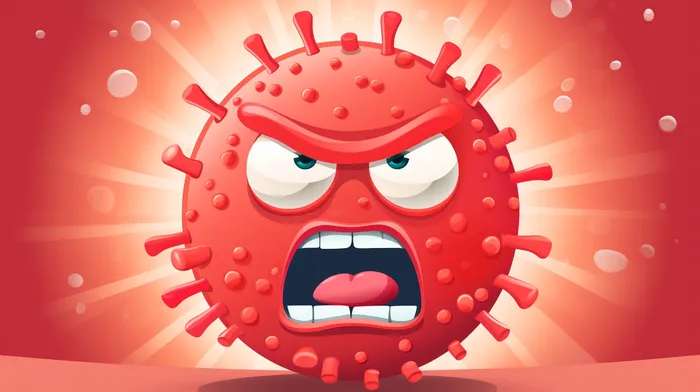Imagine being under attack by a particularly dangerous bacteria – and a common toxin lurking all around makes the bacteria even more difficult to defeat. That’s what happens when invasive superbugs like methicillin-resistant Staphylococcus aureus (MRSA) encounter cigarette smoke. MRSA is one of the deadliest bacteria and causes dangerous infections that are extremely challenging to treat, including life-threatening skin, blood, and surgical infections, as well as pneumonia.
Researchers from the University of California, San Diego School of Medicine have discovered that cigarette smoke actually strengthens MRSA, making it more resistant to the body’s immune system defenses. We already know that smoking cigarettes is harmful to human respiratory and immune cells, but this study revealed that it has a significant impact on bacteria as well.
In lab tests, researchers exposed immune cells called macrophages (which consume invading infectious organisms) to MRSA that had been in contact with chemicals from cigarette smoke. It was observed that these macrophages had a harder time conquering the superbug. The MRSA resisted death from the chemical weapons of the macrophages and were less vulnerable to antimicrobial peptides, another weapon used by the immune cells.
Moreover, researchers found that the superbugs became increasingly aggressive and resistant the more they were exposed to cigarette smoke. People who smoke cigarettes are known to be more susceptible to infectious diseases, and now we can see that the smoke-induced resistance in MRSA may be an additional contributing factor.
Conclusion: Kicking the Habit is Critical
It’s evident that quitting smoking is crucial for your overall health but even more so when it comes to fighting superbugs like MRSA. By continuing to smoke, you may be putting your life at risk, allowing the superbugs to become more aggressive and even tougher to defeat.
If you’re thinking of quitting, research shows that a gradual approach works best. Set a target date for quitting, and then plan accordingly. Make sure you get the support of friends and family, identify which “trigger” situations to avoid, and seek out places where smoking isn’t allowed.
Tips for Quitting Smoking
- Prepare psychologically: Get yourself mentally ready to quit smoking by acknowledging the health risks involved and the benefits you will enjoy once you quit.
- Reach out for support: Friends and family can provide morale and support during the process. You can also attend support groups or enroll in a program to help you quit smoking.
- Identify triggers: Understand what makes you crave a cigarette, and try to avoid those situations. Be aware of your triggers and plan on how to cope with the cravings.
- Reward yourself: Celebrate small victories along the way. Save the money you would’ve spent on cigarettes and treat yourself to something you’ve wanted for a while.
- Be patient: Quitting smoking might not be easy, but it is certainly worth it. Understand that it might take time, so be patient and persistent in your efforts.
By quitting smoking, not only are you doing your body a favor, but you’re also helping protect others from the devastating effects that cigarette smoke can have on these dangerous superbugs. Remember, it’s never too late to quit smoking and start living a healthier life.



